 |
| Chairman of the Delegation Work Committee Nguyen Thanh Hai said that since Circular 29 on extra teaching and learning was issued, localities have been very interested but there have also been variations... (Source: National Assembly ) |
This morning (June 9), the National Assembly Standing Committee gave opinions on the reception, explanation, and revision of the draft Law on Teachers. Regulations on extra teaching and learning continued to be discussed by many members of the National Assembly Standing Committee.
Draft Law does not prohibit extra teaching and learning
Summarizing the report on explanation, acceptance and revision of the draft Law, Chairman of the National Assembly's Committee on Culture and Society Nguyen Dac Vinh said: Teachers in publiceducational institutions are civil servants, so recruitment must comply with legal regulations on civil servants related to the basis, principles, and conditions for registration... The draft Law does not re-regulate these contents but only emphasizes some specific characteristics in teacher recruitment such as recruitment content based on professional standards, recruitment methods must have pedagogical practice.
Regarding authority, taking into account delegates' opinions, the draft Law was revised in the direction of not specifically regulating the recruitment authority for teachers at preschool, general education, continuing education levels... but implementing it according to the regulations of the Minister of Education and Training .
According to Mr. Nguyen Dac Vinh, mobilization and transfer are policies with different nature, purposes and requirements. Mobilization is carried out by competent authorities to solve practical requirements such as overcoming the situation of local surplus or shortage of teachers; supporting the improvement of teaching and education quality. Accordingly, it requires compliance from individual teachers and related educational institutions. Meanwhile, transfer comes from the personal wishes of teachers, so it requires consensus from the place of arrival and the place of departure.
Combining the two policies may cause confusion in implementation, distorting the nature of the policy. The draft Law currently assigns the Government to specify in detail the authority to mobilize, the order and procedures for mobilizing and transferring teachers. The need for prior notice, consideration of geographical distance when mobilizing, the addition of a review mechanism, the process of teachers' complaints against the mobilization decision... are detailed contents in the organization and implementation, which will be specified in detail in the implementation guidance document.
Notably, regarding salary policy, allowances, support policies, policies to attract and promote teachers, Mr. Nguyen Dac Vinh said that teachers in public educational institutions are civil servants. Therefore, teachers' salaries are implemented according to the administrative career salary scale. The regulation that teachers receive the highest salary and allowances is an institutionalization of the Party's policy in Conclusion No. 91-Kl/TW of the Politburo. This content is basically not contrary to the spirit of Resolution 27-NQ/TW on reforming salary policy.
The regulation that the salary of teachers in the non-public sector is guaranteed to be no lower than that of the public sector may affect the policy of socializing education and violate the principle of voluntariness and autonomy of non-public educational institutions. Therefore, the draft Law has been adjusted in the direction that the salary of teachers in non-public educational institutions is implemented in accordance with the provisions of the law on labor.
Regarding the proposal to add regulations prohibiting teachers from giving extra lessons in violation of the law, prohibiting them from giving extra lessons to students they are directly teaching, on this issue, the Standing Committee of the Committee reported that the draft Law does not prohibit extra lessons, it only stipulates that teachers are not allowed to force students to participate in extra lessons in any form to limit and overcome the widespread situation of extra lessons and extra teaching. The Ministry of Education and Training has issued a document regulating extra lessons and extra lessons, in which it is stipulated that teachers are not allowed to give extra lessons to students they are directly teaching.
Discussing at the meeting, Chairman of the National Assembly's Committee on Science, Technology and Environment Le Quang Huy highly agreed with the draft Law, and commented on Clause 2, Article 8 on the right of teachers to "participate in the management and operation of enterprises established by higher education institutions, operating in the field of scientific development, application and technology transfer according to the provisions of law".
According to Mr. Le Quang Huy, such a regulation is "not enough", if possible, there should be a clause or article in the law that regulates this right more specifically. Then, on this basis, assign the Government to regulate this right in detail, which will be much more convenient.
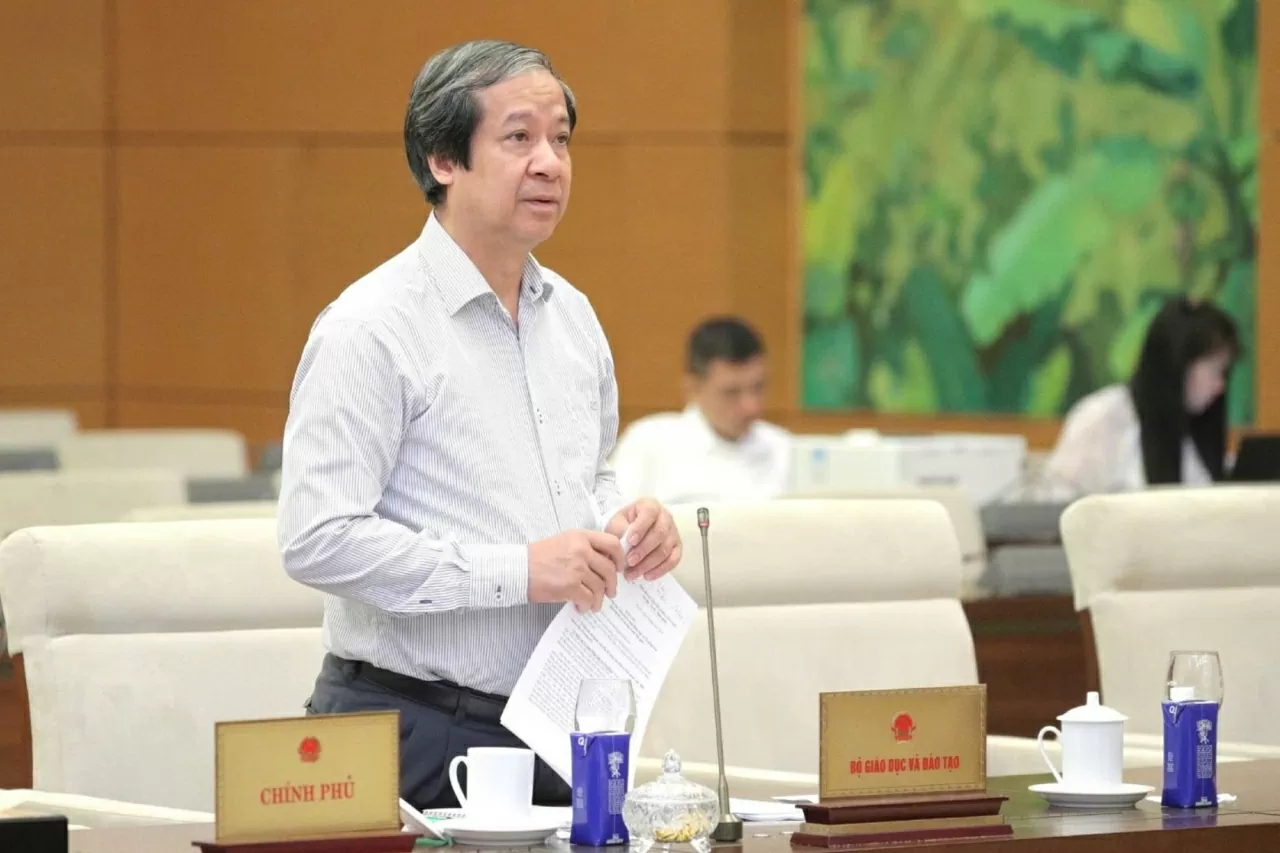 |
| Minister of Education and Training Nguyen Kim Son at the session to receive, explain and revise the draft Law on Teachers. (Source: National Assembly) |
There should not be too strict regulations on tutoring.
Currently, the Ministry of Education and Training has issued a circular guiding on extra teaching and learning, which clearly states that teachers are prohibited from giving extra lessons to students they are directly teaching.
Chairman of the Delegation Work Committee Nguyen Thanh Hai said that extra teaching and learning is a real and legitimate need. Therefore, there must be a legal corridor and legal regulations to prevent profiteering.
Ms. Hai expressed her concerns and said that the definition of extra learning and extra teaching is not mentioned in the draft law. "I looked it up online and found that extra teaching is an activity in which teachers or professionals organize extra-curricular teaching outside of regular school hours, outside the main curriculum at school, to help students with some subjects, including home-based teaching, center-based teaching, online teaching...", Ms. Hai said.
The Chairman of the Delegation Work Committee said that since the issuance of Circular 29 on extra teaching and learning, localities have been very interested but there have been variations. There are many teachers who teach online via Zoom and Google Meet software but still collect money. Therefore, it is very difficult to manage extra teaching at home.
The regulation states "no coercion in any form", Ms. Hai raised the question "what is coercion" because even though there is a specific document stating no coercion, in reality "people are forced to write voluntary applications to study".
The Chairwoman of the Delegation Working Committee analyzed why doctors have after-hours examinations, there is no concept of "extra examination" because if you are sick, you go to the doctor or if you are not cured, you go to the doctor. "If you are not studying in class enough or want to study better, you go to extra classes. Is this extra class charged or not charged?", Ms. Hai said and suggested that there should be clearer regulations on extra classes.
Meanwhile, Vice Chairman of the National Assembly Tran Quang Phuong agreed that it is necessary to ban forced tutoring in all forms. He suggested that the drafting agency should have measures to clearly distinguish between forced and non-forced tutoring, on the basis of respecting the right to education of students and parents. Citing Circular 29, Mr. Phuong expressed disagreement when the Ministry of Education and Training banned teachers from tutoring their regular students.
The Vice Chairman of the National Assembly said that a student listening to a lecture in class can absorb 70% of the knowledge if he or she has good learning ability. However, some students only understand 50% or even 30-40% and not everyone who listens to a lecture can memorize and understand the lesson.
According to Mr. Phuong, the Ministry of Education and Training has a regulation prohibiting teachers from giving extra lessons to regular students to ensure strictness, but it is not suitable. Because many students only want to listen to their own teachers and do not want to learn from other teachers.
"The teacher who directly teaches is the one who regularly interacts with and understands the students' level and ability. There should not be too strict regulations, just not forcing them," said Vice Chairman of the National Assembly Tran Quang Phuong.
No forced extra classes in any form
Explaining later, Minister of Education and Training Nguyen Kim Son said that extra teaching and learning are only specific to the subjects clearly defined in Circular 29. Extra teaching and learning are additional teaching activities outside the time specified in the education plan for subjects and educational activities in the general education program, the continuing education program at the junior high school level, and the continuing education program at the high school level.
According to the Minister of Education and Training, the draft law on what teachers are not allowed to do stipulates that students must not be forced to participate in extra classes in any form. This provision, first of all, reflects the viewpoint on teachers' ethics rather than being a professional regulation.
Regarding the regulation that students cannot be forced to study while teachers who teach in class participate in extra classes, Minister Nguyen Kim Son explained that in their responsibility to perform their duties, teachers must complete the task of equipping their students with knowledge during regular hours. If teachers cannot complete it during regular hours, they have not fulfilled their duty. If they let that person take home the content that is part of their duty to teach, it will lead to distortion, causing teachers to not fulfill their duty.
For good and weak students, students preparing for graduation exams, teachers are allowed to teach their students right in school and have clearly defined regulations. This is to strictly implement public service responsibilities so that teachers can fulfill their responsibilities.
Source: https://baoquocte.vn/du-thao-luat-nha-giao-khong-nen-quy-dinh-qua-cung-nhac-ve-day-them-hoc-them-317119.html








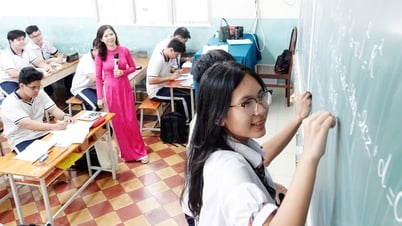

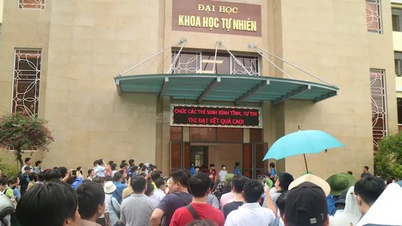

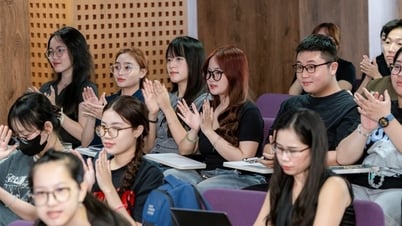

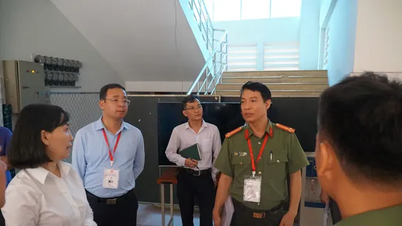

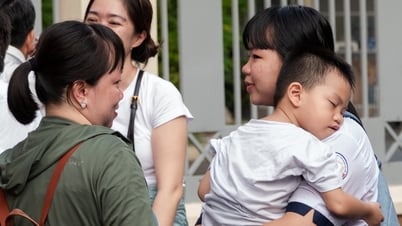





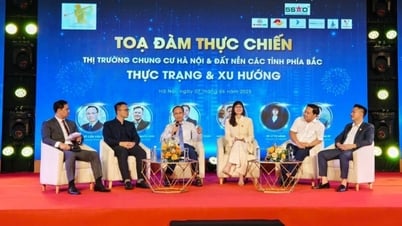
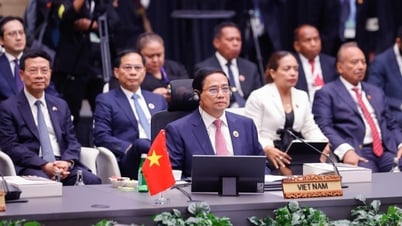
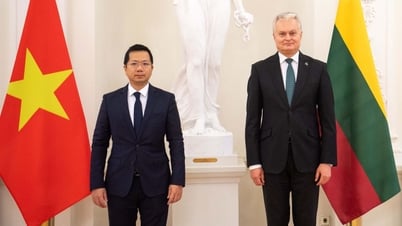
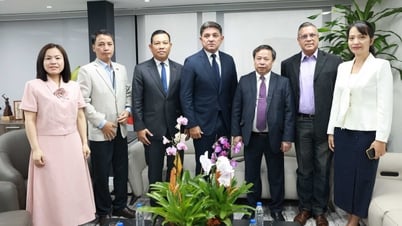
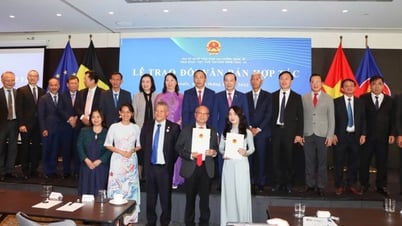


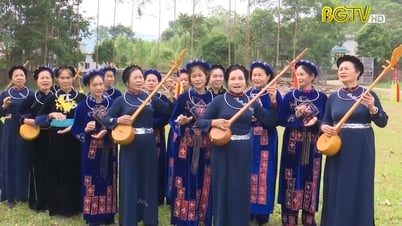

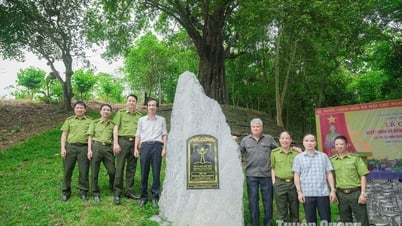

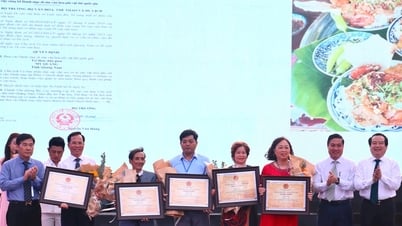

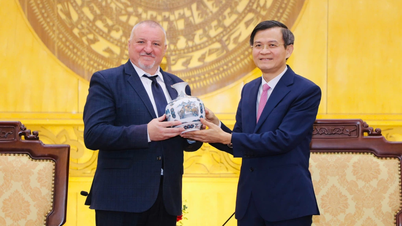

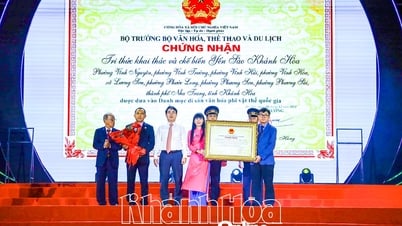

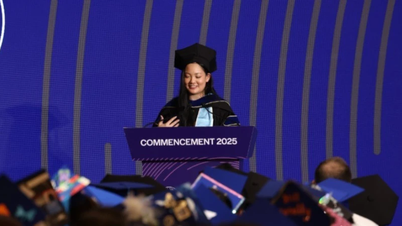


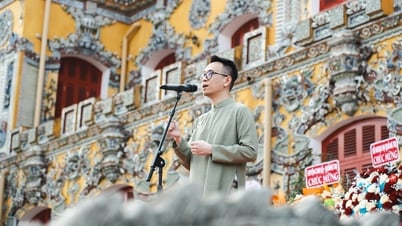




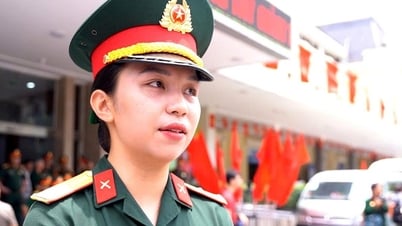
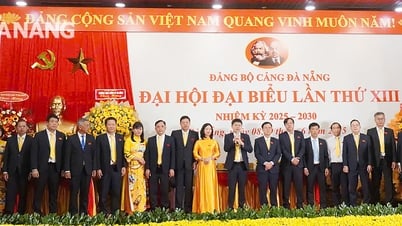











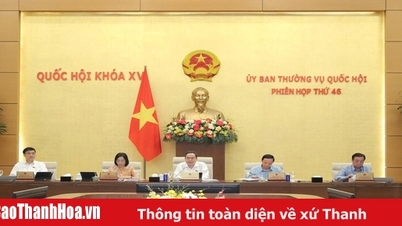


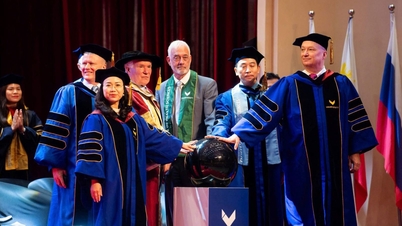
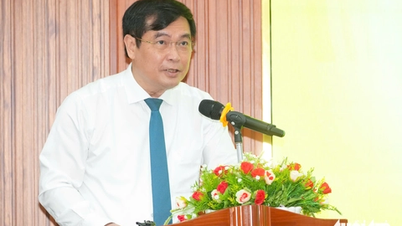
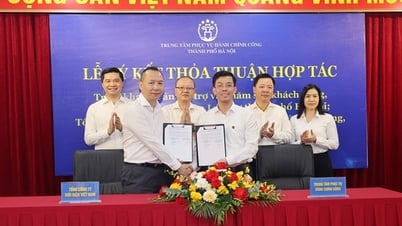

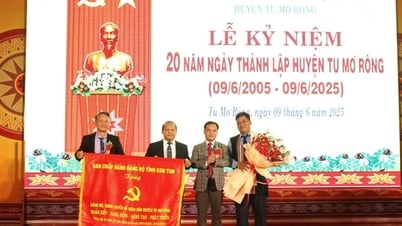


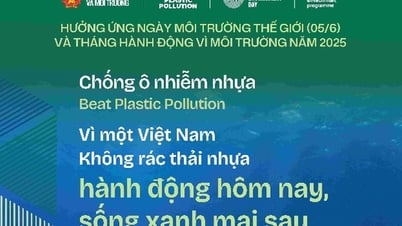
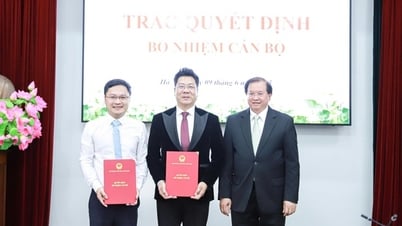









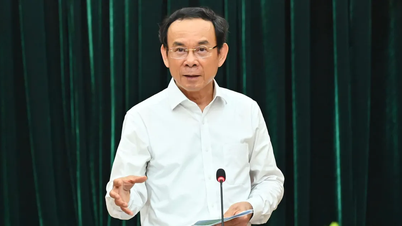

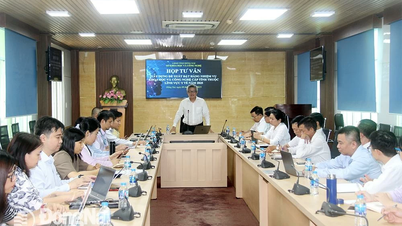



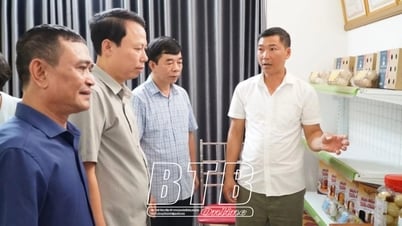
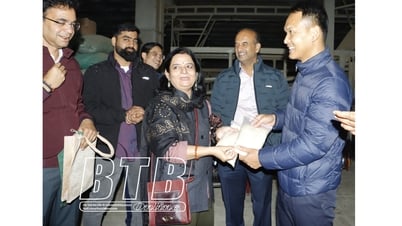





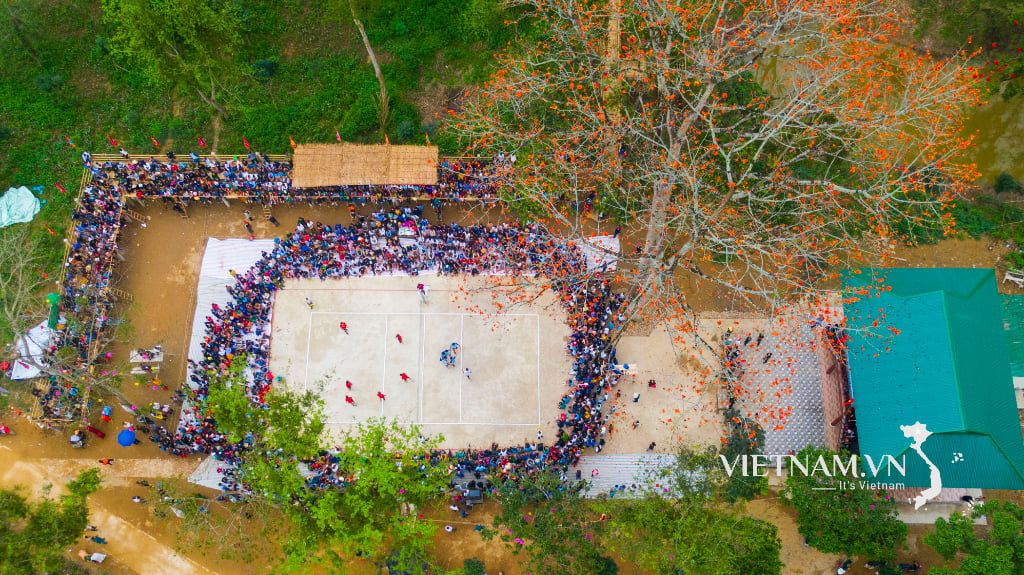
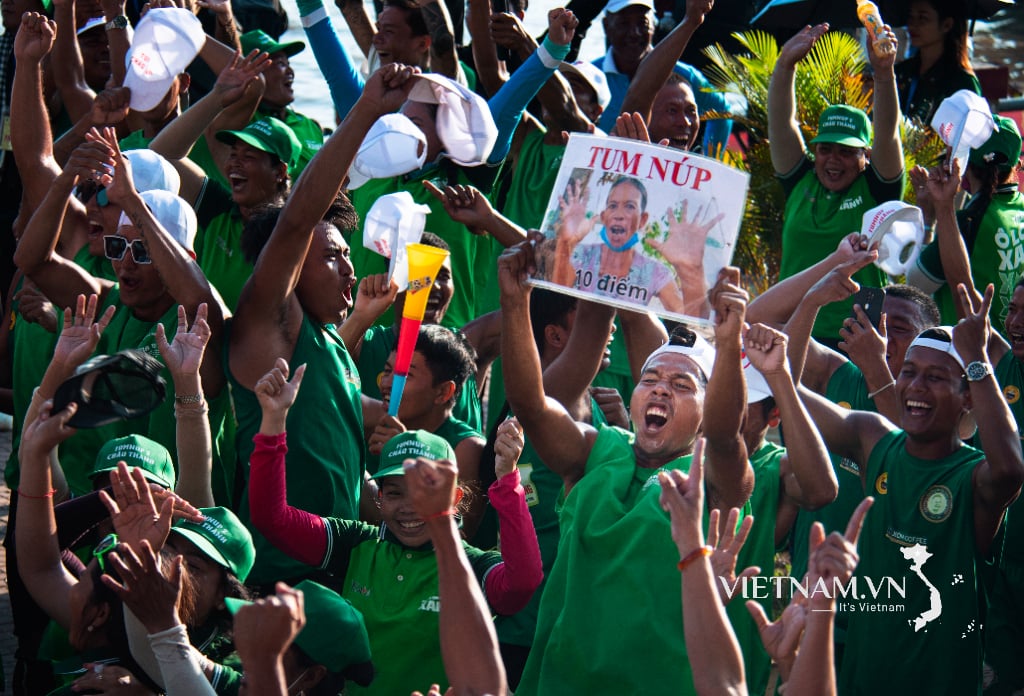

Comment (0)